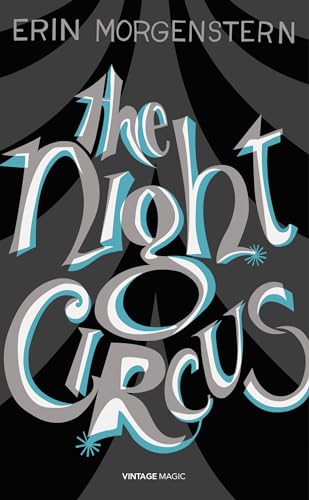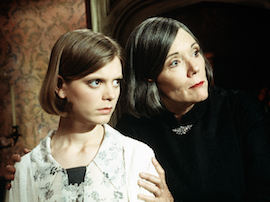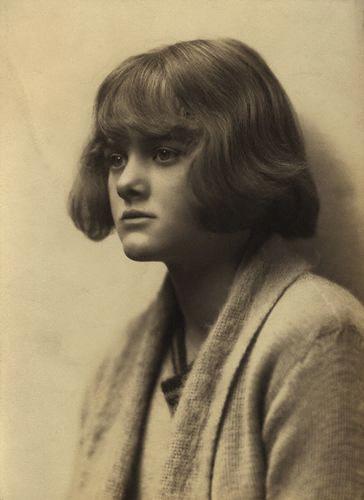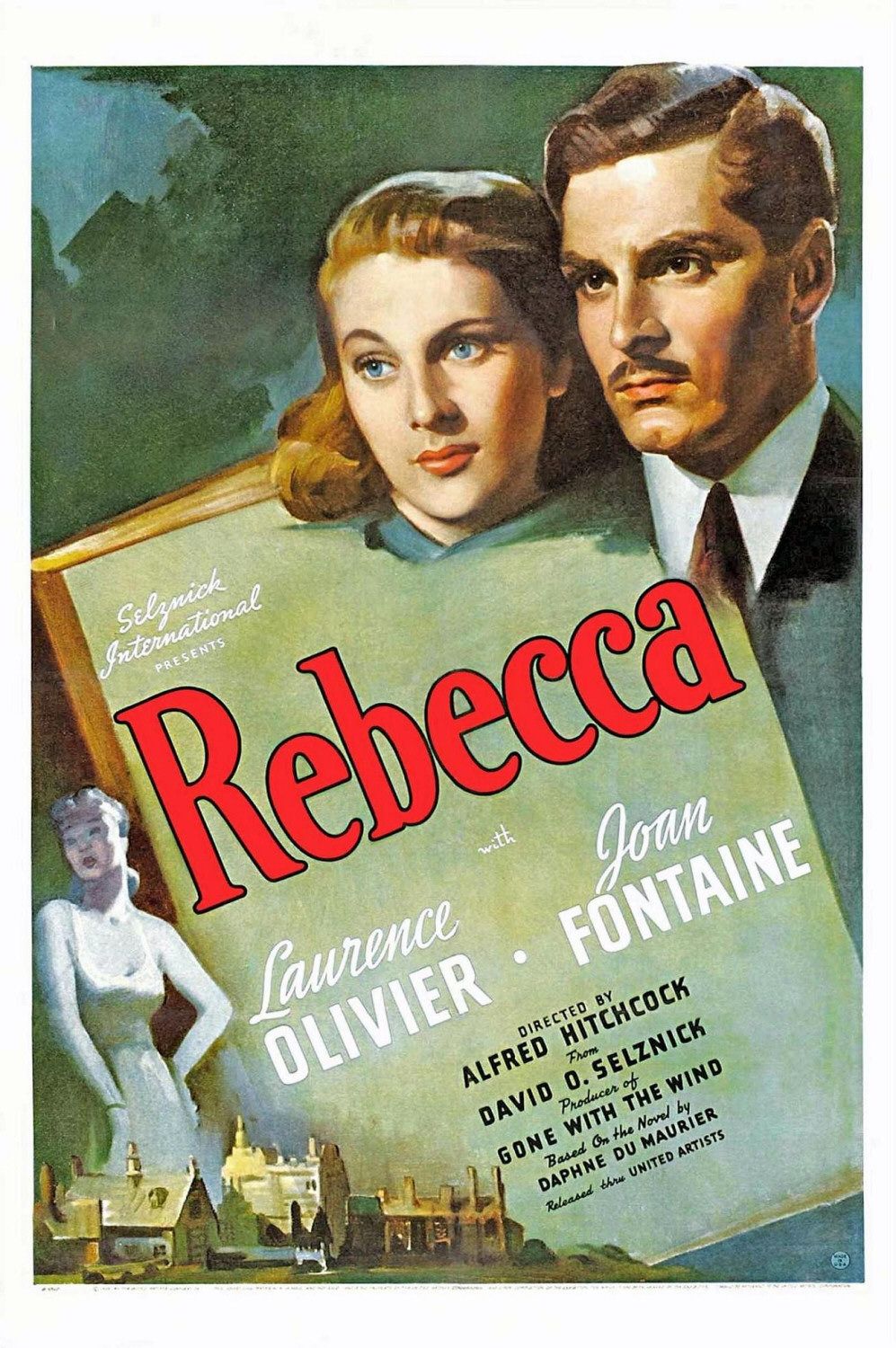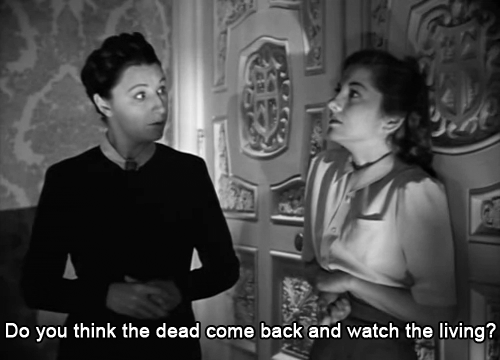I re-read Wilson's books an extortionate amount as a child, as well as my favourite Roald Dahls, such as The Magic Finger and Fantastic Mr. Fox, and my extensive Horrible Histories collection, but as I got older I began to devour more and more books until I didn't have the time to re-read if I wanted to keep reading new things. I fell in love with discovering new stories and characters and worlds and authors, just as I'd fallen in love with that safety net of familiarity in my childhood, and in doing so my love for re-reading was forgotten.
Then recently, having read Kirsty Logan's A Portable Shelter (reviewed here) and craving more short stories, I re-read Angela Carter's The Bloody Chamber and Other Stories (reviewed here) and really enjoyed the experience - especially as I didn't actually like the book the first time I read it about seven years ago. Now I'm keen to make more time for re-reading, and below are four books from my shelves I'd like to re-read, all for various reasons!
I first read Erin Morgenstern's The Night Circus when it came out. Everyone was talking about it and I was certainly intrigued, which was unusual for me because I generally tend to be wary of hyped books since the dark reading years of my teens when every YA book was the same. I ended up enjoying the book, but not as much as I'd hoped and definitely not as much as what felt like every other reader. Morgenstern's descriptions and her world-building were stunning, I loved the idea of her circus, but I need characters to grab hold of me and make me care and something about Celia and Marco prevented me from doing that. Individually I quite liked them - Celia, in particular, and her relationship with her father intrigued me - but I didn't understand why the two of them liked each other and when I reached the end I realised I hadn't really cared what happened, I was just ready for it to end. My reading tastes have changed a lot since then, and I'd like to re-read this book at some point to see if I've grown to appreciate it more or if I feel just as 'meh' about the whole thing as I did then.
Sadly, you can only read Rebecca for the first time once, and I loved it when I did. If you haven't read it yet I can't recommend it enough, it's du Maurier's masterpiece and such a brilliantly written and plotted novel - it's all the more enjoyable the less you know going into it. Knowing what happens in the story and how it ends, I'd love to re-read it and see if du Maurier left any little nuggets of premonition for her re-readers.
The Goblin Emperor is one I've already re-read twice (once as an audiobook, so I guess that was more of a re-listen) and was the first book I re-read in a long, long time when I picked it up for a second time last year having loved it in 2015. If someone put a gun to my head and forced me to choose one all-time favourite book, I think I'd have to say this one - Maia is certainly one of my favourite protagonists of all time and I love how, more than anything, this book is hopeful, decent fantasy and such a soothing antidote to Games of Thrones' brutality. I can't get enough of this book, and I think it'll be one I continue to re-read until Katherine Addison gives me another book set in this world.
Persuasion was Jane Austen's final novel, published posthumously, and while Pride and Prejudice is a firm favourite it's actually Persuasion that's considered to be her masterpiece by many Austen fans. Until the past year or so, I definitely wouldn't have described myself as one such fan. Like The Bloody Chamber and Other Stories I was introduced to Austen through education when I was given this book to read during sixth form and it woke a hatred of Austen in me that it's taken me a long time to shake off. My reading tastes hadn't developed enough at the time for me to appreciate that Austen was writing a very tongue-in-cheek form of societal critique, and I was so frustrated that a woman I was constantly being told was an early feminist writer had written novel after novel about love and marriage. Why couldn't any of her heroines just stay single? Then I did that thing that
Do you re-read books? Is it something you'd like to do more of or less? Which books would you like to re-read one day?


